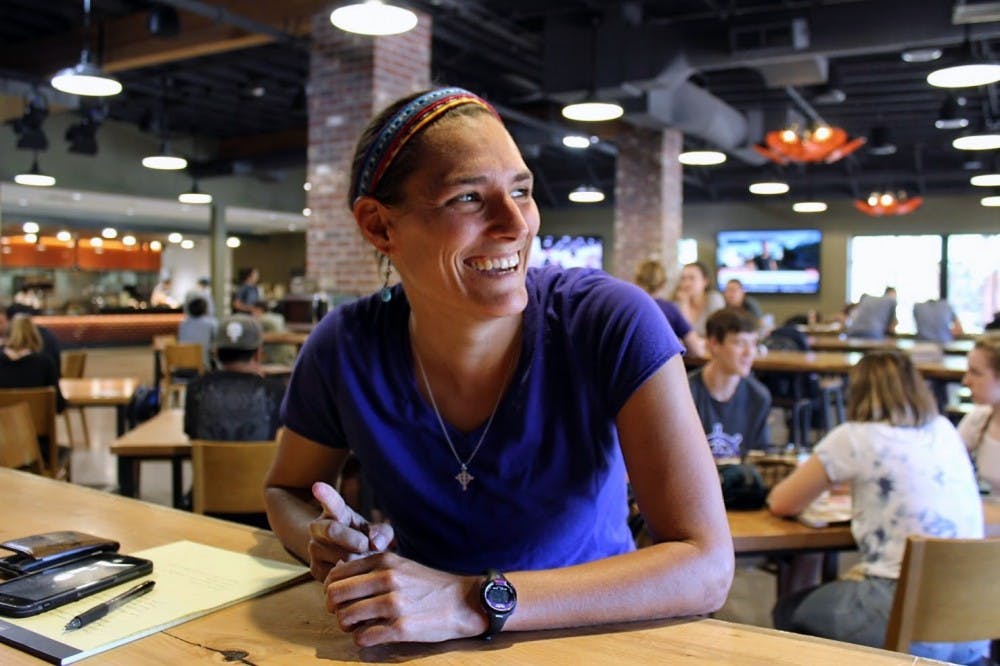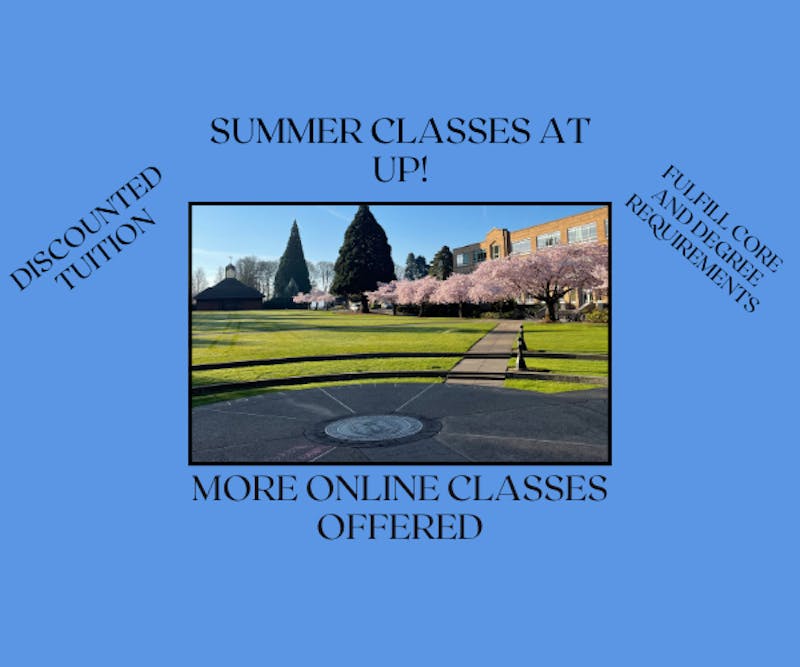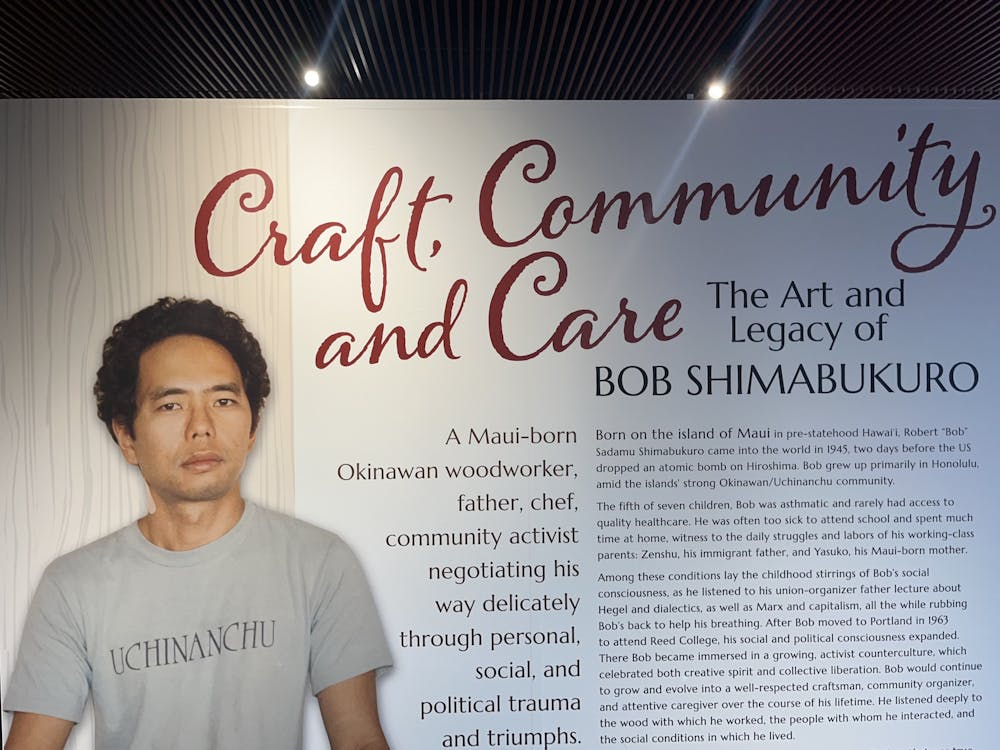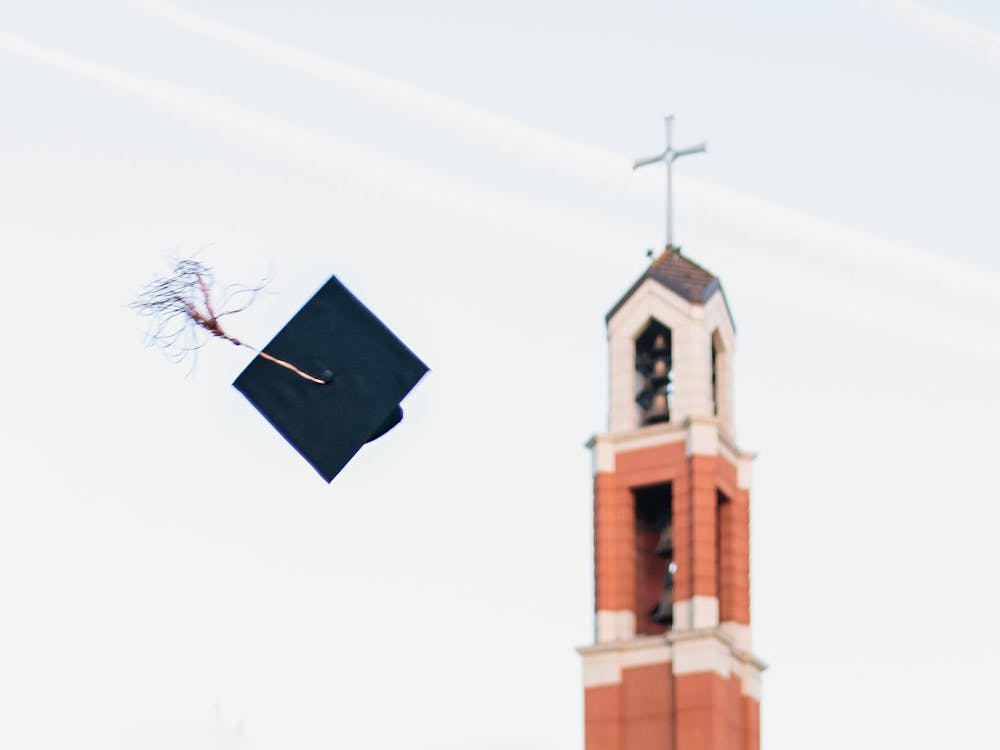Kali Abel opened the front door of her homestay to see about 15 Nicaraguan children eagerly lined up wearing old, torn rashguards that tourists had left behind. She was staying with a local family in a coastal town in Nicaragua.
They were there, she knew, because days earlier Abel had offered to teach an older boy in the town to surf, and she said she could find him a surfboard. He had excitedly told friends. News of a surf lesson spread like a wildfire.
“It’s connecting those kids to a natural resource, now they have a connection with the ocean,” Abel said. “So when they think about climate change it makes sense. They’ve been in the ocean, they’re part of it, they’ve had an experience with it.”
This past summer, Abel traveled through Nicaragua, El Salvador and Cuba researching climate change impacts on third world countries, learning Spanish and connecting with local kids through surf lessons.
Abel is a geologist, glaciologist and an environmental adjunct professor at the University of Portland, with her studies primarily focused on climate change. Abel leads an unconventional lifestyle. From biking, ultrarunning, making surfboards and traveling, she is constantly searching for the next challenge.
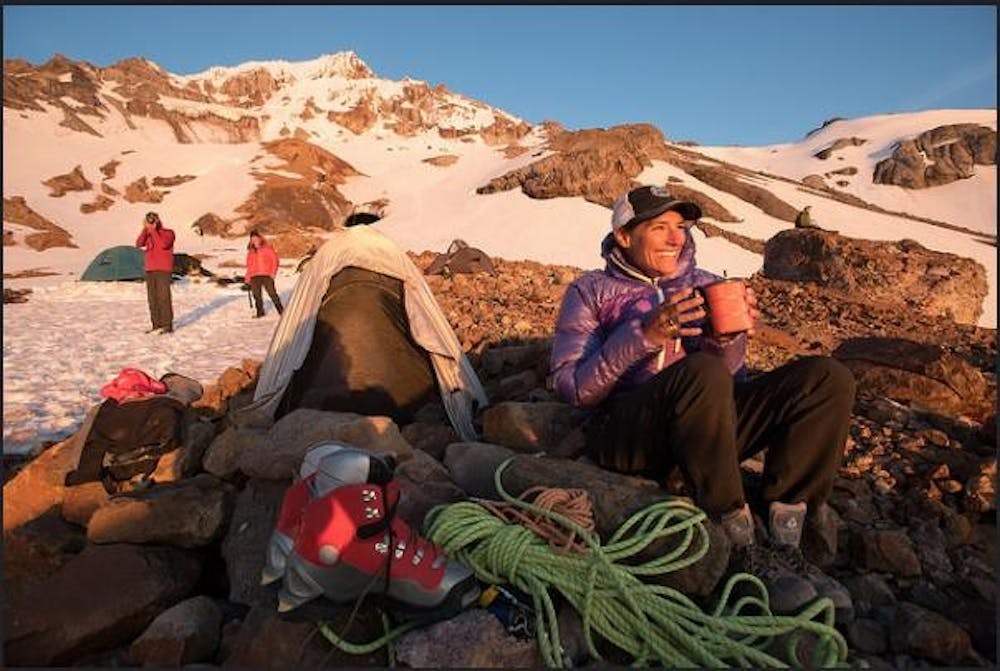
Abel spent her summer traveling alone researching climate change. She didn’t speak much Spanish before her trip to South America, but Abel found herself conversational in weeks. Complete immersion, she said, was the best way to learn.
“I kind of just wanted to throw myself in the deep end with it (Spanish),” Abel said. “And it worked. It definitely worked.”
Abel was researching how third world countries understand climate change compared to people living in the United States. Abel spent much of her time talking to Nicaraguan fishermen about climate change. A majority of them were illiterate with no schooling.
“They could tell me more about climate change than the most educated people in the States can,” Abel said. “Just because it’s their present. It’s what they live day in and day out.”
Back home in Portland, Abel spends her time working on Mt. St. Helens, Mt. Hood and Mt. Rainier glacier research. In 2008, Abel worked closely with Columbia University on a glacier project with National Geographic. Together they found measurable ways to record the changes on the glacier, and published their results in print-only articles.
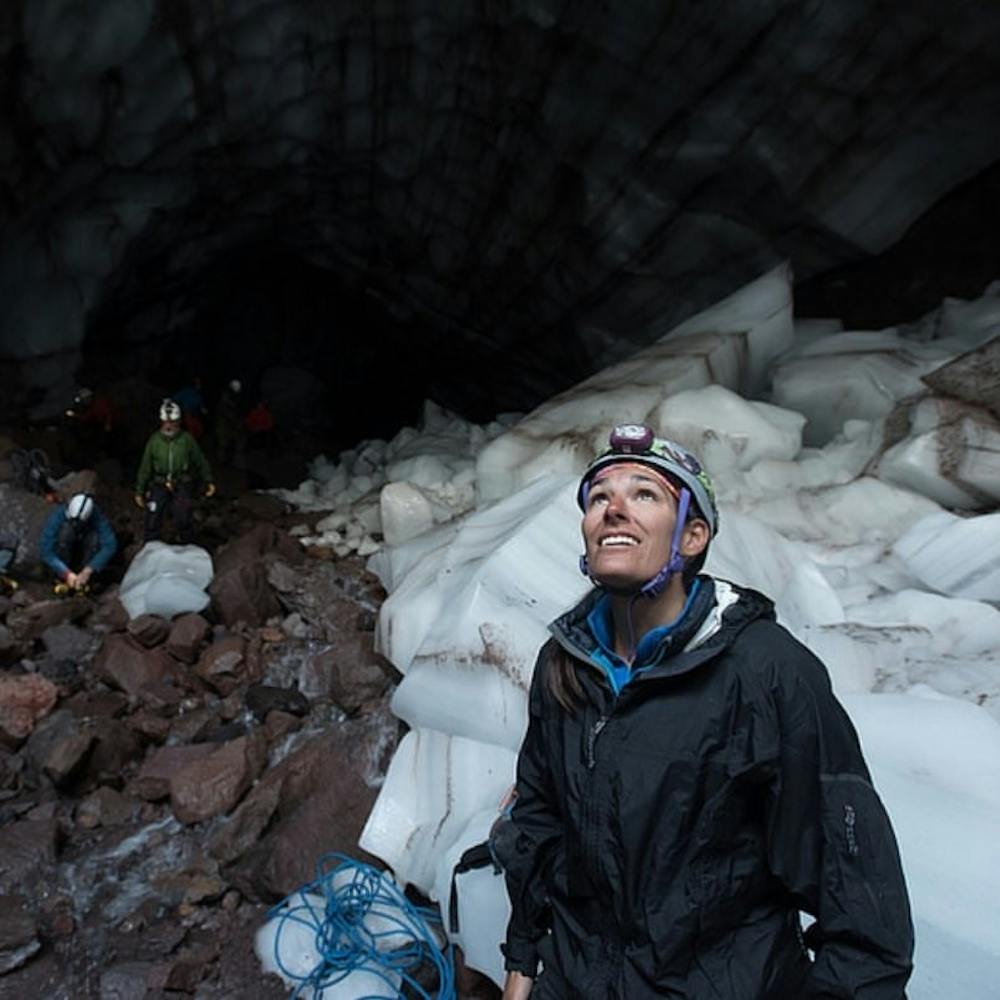
This spring Abel will teach a new course called “Glaciers, Ice and Climate Change.” The class will be focused on observing climate change’s impact on glaciers and caves at both a local and global level.
“She’s managed to combine her academic interests and background with a personal lifestyle that I could only really describe as being an adventurer,” Steve Kolmes, director of the Environmental Studies Program, said. “I know she was recently invited to ski across Greenland next year, which I am trying to dissuade her from. But that’s the kind of thing people invite her to do.”
When Abel is not teaching, traveling abroad or researching glaciers, she can be found ultrarunning. Any trail or run longer than a marathon, 26.2 miles, is considered an ultrarun.
“She is very much an adventurist and an outdoor enthusiast,” James Peale, former co-worker and bike teammate, said.
Abel’s last ultrarun was a 40-mile loop around Mt. Hood that she completed in 10 hours. According to Abel, she holds a record for the fastest unsupported female runner to ever run that trail. Unsupported means that she carried all of her own equipment for the duration of the run.
“But I didn’t know,” laughs Abel, referring to the record she set in October 2015. “I didn’t know that until six months later.”
Months after the run, a friend shared the last recorded trail time for the Mt. Hood loop. That’s when Abel realized — she had beat that time by two full hours.
Next stop: Abel has a goal of completing the 90-mile loop around Rainier in just 24 hours.
“I started realizing that all the things that scared me were the things that I loved the most,” Abel said. “So now it’s things that I feel like challenge me I get drawn to and have the best experiences that way. The only thing I’m really afraid of now is karaoke.”



